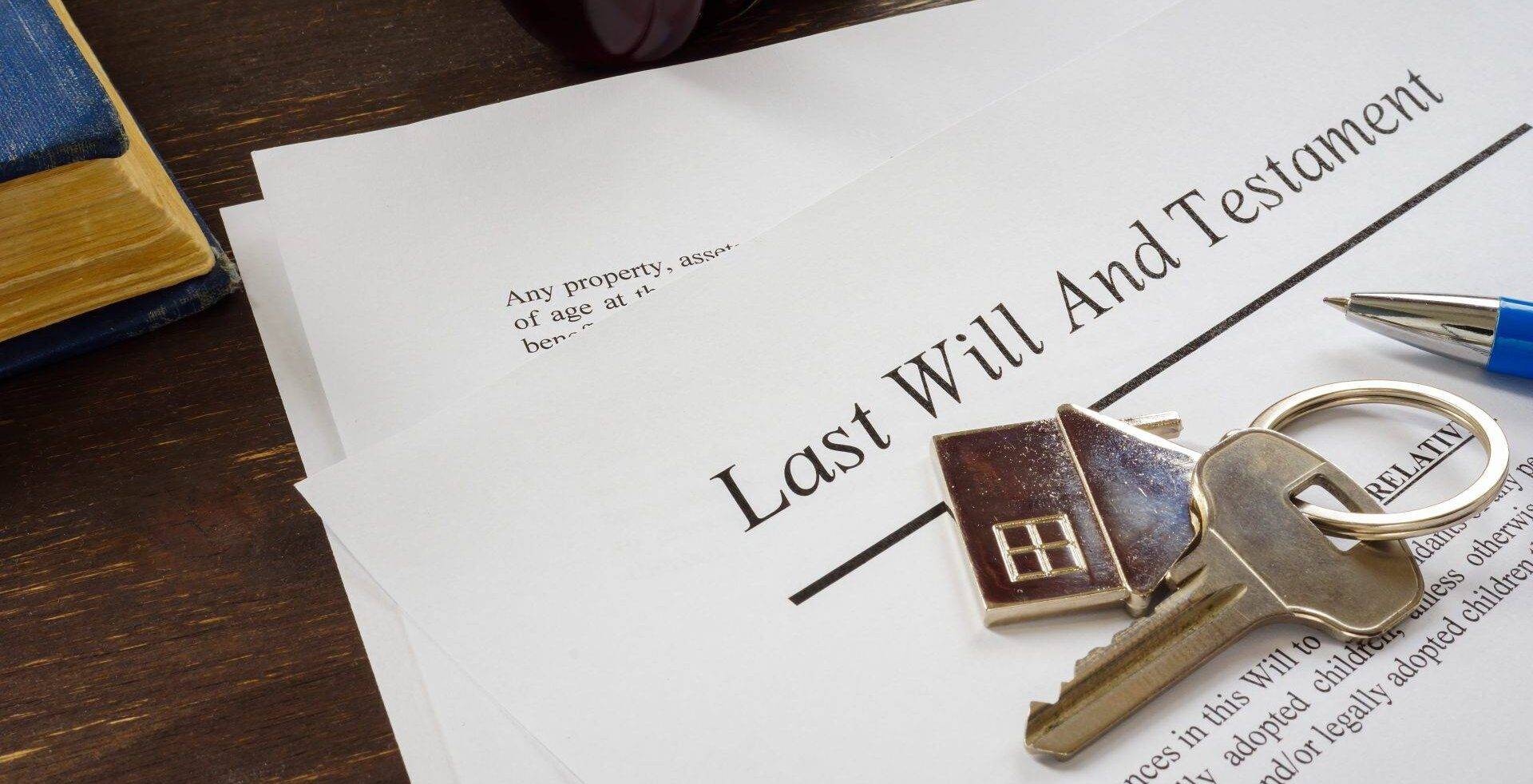When determining how your estate shall be split on your death you may instruct a solicitor to prepare a Will on your behalf. This will involve a solicitor undertaking a fact-finding process to determine your wishes as to how your estate should be disposed of on your eventual death. Solicitors are able to advise on the options available and more importantly, the tax consequences of those options as many people are keen to reduce Inheritance Tax where possible.
When instructing a solicitor you will trust that the Will prepared by them will be drafted in accordance with your instructions. Once the Will has been prepared you are required to review its contents to ensure this meets your wishes although it is not unheard of for people not to read the Will and simply sign on trust that it has been drafted properly, which is never advised as it may be the drafting solicitor misinterpreted or misunderstood your wishes or, especially where there is some ambiguity to your instructions.
The consequence of signing a Will is that it will determine how your estate will be administered and if this is incorrect your wishes on death shall not be followed.
Pead v Prostate Cancer UK & Ors [2023] EWHC 642 (Ch)
Case background
The recent case of Pead v Prostate Cancer UK and others revolved around the instructions provided by Mr McKay (Deceased) in respect of his Will whereby the claimant sought to rectify the Will on the basis the Deceased had not meant to split his residuary estate between family members and the charities named in the Will.
The Deceased’s Will left pecuniary legacies to family members and a number of charities, including Macmillan Cancer Support, Cancer Research UK, and Prostate Cancer UK. The Deceased then left his residuary estate to those he had made pecuniary legacies to and in proportion to the pecuniary legacies. The claimant pleaded that the Deceased had not intended to include the charities when dividing his residuary estate and instead, this was to be split between the family members only. This claim was defended by the charities who sought the Will to be divided in accordance with the proper construction of the Will.
The Court’s decision
In order to succeed the Court will have to find that the Will failed to carry out the Deceased’s intentions as a result of a clerical error or of his Solicitor’s failure to understand his instructions. The Court heard evidence from the Solicitors drafting the Will on behalf of the Deceased and on this evidence, the Court was not satisfied the Deceased intended to split his residuary estate between his family members only. The rectification claim therefore failed which meant the charities remained residuary beneficiaries, which allowed them to retain a significant share of the estate.
Comment
On being served with the claim, the charities had to decide whether or not the claim would be defended. The amounts involved were significant and the costs of defending the claim most likely outweighed the potential reward. No doubt each charity felt it was in their best interests to defend the claim and this claim shows the importance of double checking your Will as it was noted the evidence from the drafting Solicitors can sometimes be tainted by the lapse of time in which these claims are brought.
How can we help?
Stuart Parris is an Associate in our expert Dispute Resolution team.
If you require any advice on the above subjects, please contact Stuart or another member of the team in Derby, Leicester, or Nottingham on 0800 024 1976 or via our online enquiry form.
Contact us



